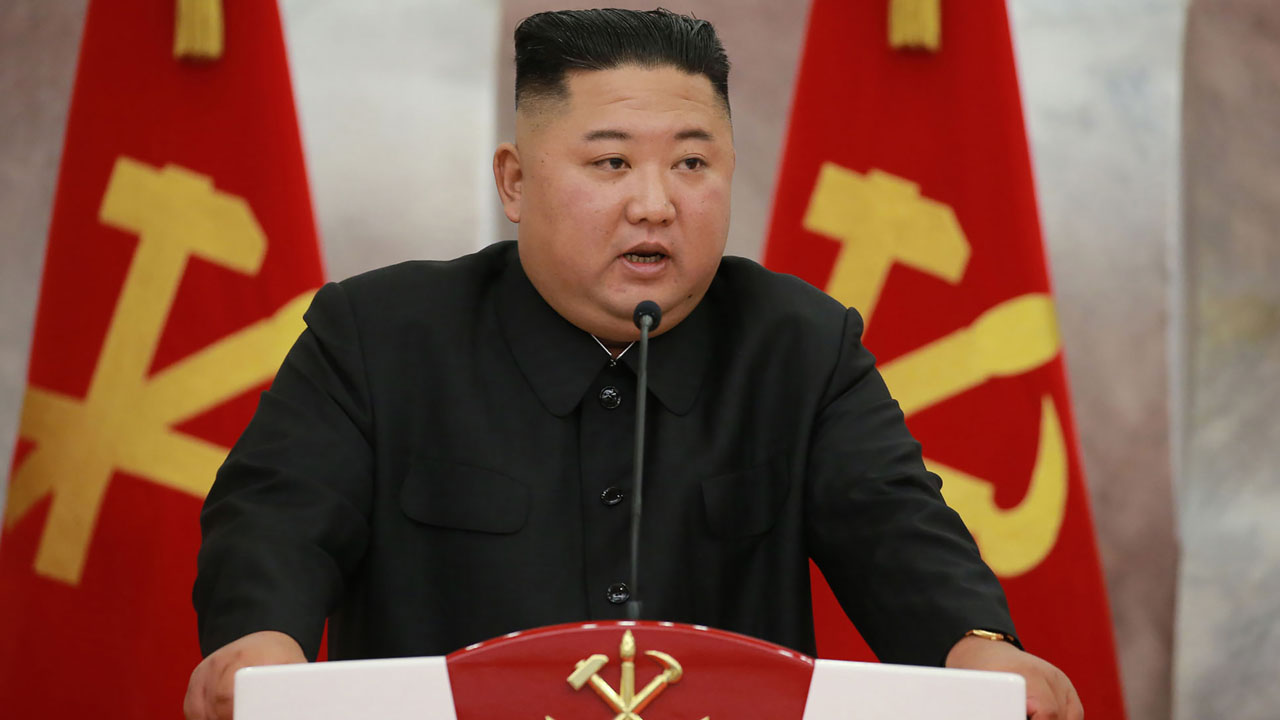North Korean leader Kim Jong Un has ordered a nationwide drive to boost the ailing economy ahead of a key party congress in January, state media reported Tuesday.
The decision was made during a meeting of the ruling Workers’ Party and comes as the coronavirus pandemic and recent floods have added yet more pressure on the isolated country’s flagging economy.
Mandatory mass mobilisation drives, featuring extra-long work hours and additional duties, are commonplace in North Korea in the lead-up to major events.
The efforts have usually been dubbed “Battles” — the North often embraces militaristic terminology and notions of struggle — but while the official KCNA news agency described it as such in Korean, in its English version it used the more diplomatic term “campaign”.
“We have performed historical feats with our costly efforts, boldly overcoming unprecedentedly grave trials and difficulties this year, but we should not rest on our laurels,” it said.
“We still face the challenges that cannot be overlooked and there are many goals we have to attain within this year.”
Participation in the exhausting “battles” is rigorously monitored and used as a measure of loyalty to the regime, with past campaigns denounced by rights groups as exercises in forced labour.
North Korea’s ruling party is due to lay out a new economic plan at its January congress — the first such meeting in five years.
The North has suffered from chronic economic mismanagement and a previous plan was quietly scrapped earlier this year, with a party meeting in August concluding that “goals for improving the national economy have been seriously delayed”.
It has also been hit by international sanctions imposed in response to its ballistic missile and nuclear programmes, which have made rapid progress under Kim’s leadership.
Analysts expect Pyongyang to showcase the latest developments in those programmes on Saturday, at a grand event to mark the 75th anniversary of the country’s ruling party.
AFP

